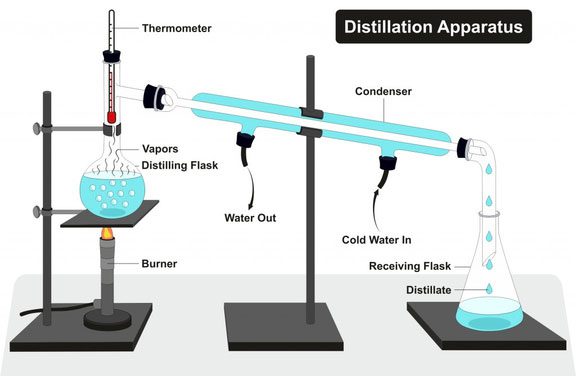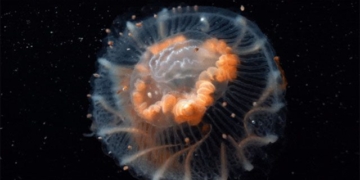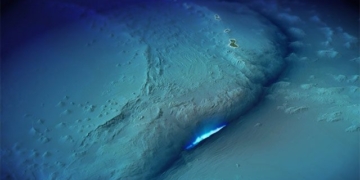Distilled water is highly pure, pure water that is produced through various distillation methods such as filtration, reverse osmosis, or condensation of steam.
Distilled Water: Definition, Nature, Where to Buy
What is Distilled Water?
Distilled water is extremely pure, unadulterated water produced through distillation using various methods such as filtration, reverse osmosis, or steam condensation. It is commonly used in medical settings for preparing injectable medications, oral medications, pharmaceuticals, sterilizing medical instruments, and cleaning wounds. Distilled water contains no organic or inorganic impurities.

Distilled water contains no organic or inorganic impurities.
Distilled water is categorized into three types:
- Single-distilled water (produced through one distillation).
- Double-distilled water (single-distilled water subjected to a second distillation).
- Triple-distilled water (double-distilled water subjected to a third distillation).
Additionally, distilled water can be classified based on physicochemical properties such as TDS (Total Dissolved Solids), conductivity, etc.
How is Distilled Water Made?
To produce distilled water, you need a distillation apparatus. Ordinary water is boiled in a container, and the steam collected during this process is directed into a ‘condenser’. The condenser, as its name clearly indicates, is where the steam condenses back into liquid water.

Diagram of the distilled water production process.
The condenser has two layers: an inner layer for the steam to pass through and an outer layer for cold water to flow over. The cold water keeps the inner surfaces of the condenser cool, allowing the steam to condense quickly. In this way, the vapor turns into liquid inside the condenser and eventually drips into another container. After completing this process, you have distilled water.
How is Distilled Water Different from Boiled Water?
Boiled water is essentially water that has been heated to 100 degrees Celsius. Here, the steam generated during boiling is not collected or condensed.
People typically boil water to kill germs within it. However, unlike distilled water, boiled water does not separate any trace minerals or salts. In fact, both the water and these substances are boiled together.
As a result, while microorganisms may die in boiled water, trace minerals and particles remain. This is why it is not completely pure and certainly not as pure as distilled water.
Is Distilled Water Poisonous? Is Distilled Water Safe to Drink?
Given that distilled water is of very high purity, it should be suitable for drinking, right?
This is a misconception because the distillation process removes essential components necessary for health that are present in water. When lacking these essential minerals in the body, drinking distilled water can lead to further excretion of necessary minerals, resulting in serious deficiencies.
In 1970, scientist Paavo Airola wrote about the dangers of distilled water as follows: “Distilled water contains no chemicals, and long-term use of distilled water can lead to serious mineral deficiencies in the body. This can lead to the risk of osteoporosis, diabetes, tooth decay, and heart disease.”
In summary, distilled water can be consumed but should not be, especially not in large quantities or over extended periods.
Where to Buy Distilled Water?
Buying distilled water is quite easy. In Vietnam, most pharmacies sell distilled water in glass vials for injections or in larger bottles.
Note: The information about medications and pharmaceuticals published in the Family Medicine Cabinet section on the Scimyst.com website is for reference only. Please consult a doctor before deciding to use any medication to ensure effective and safe health outcomes.


















































